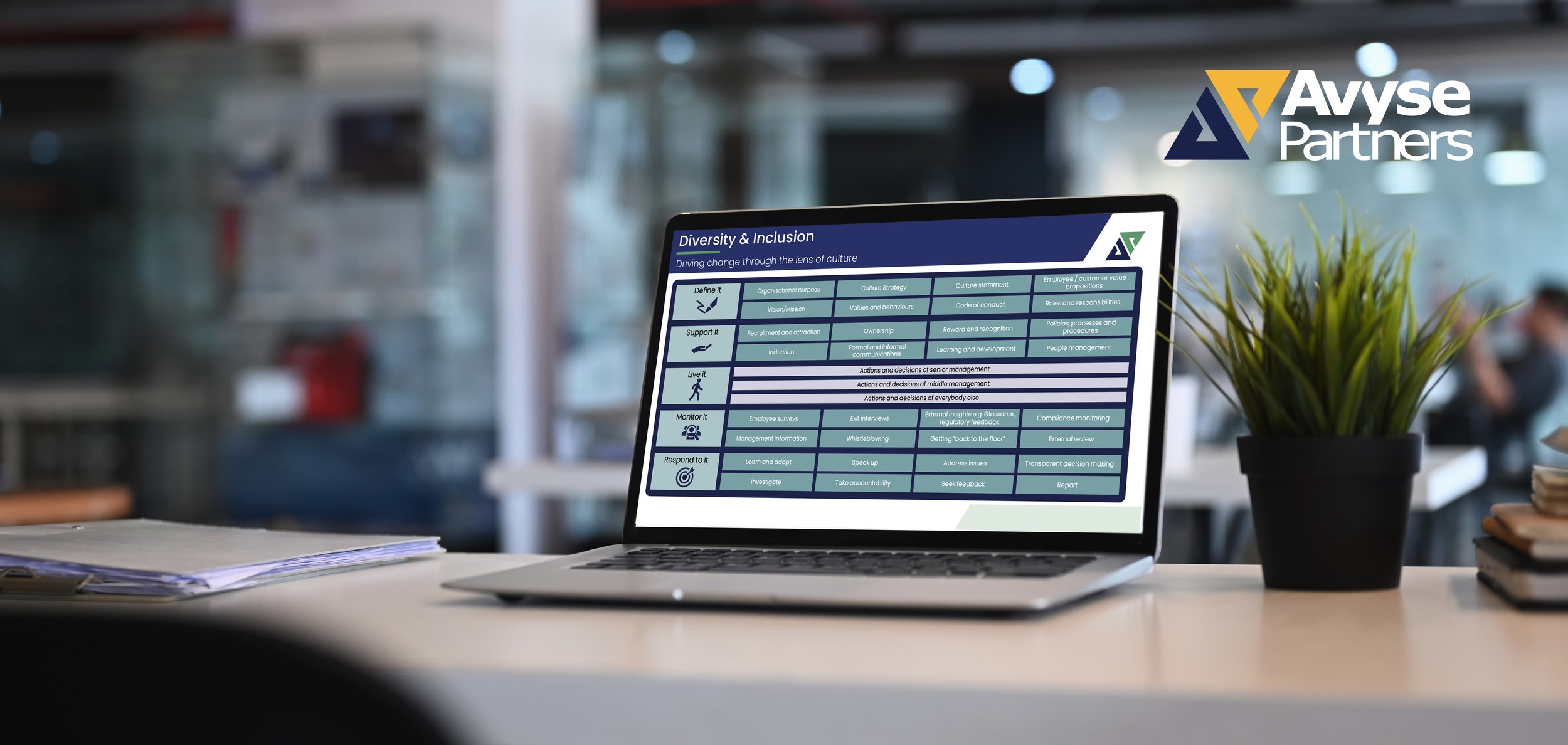Under fire: The Shifting D&I Landscape in the US and UK
The conversation around diversity and inclusion (D&I) in the workplace continues to evolve on both sides of the Atlantic. While the US is rolling back corporate requirements for D&I quotas under the Trump administration, the UK is progressing with new regulatory frameworks such as the Worker Protection (Amendment of Equality Act 2010) Act 2023. Businesses are under more pressure than ever and now need to proactively adapt their workplace policies to safeguard their workforce and keep up with the ever-changing regulatory landscape. In this week’s Sustainability Snapshot we explore key observations, the role of boards and investors in promoting D&I, associated benefits, and what firms can do to stay on top of ongoing and upcoming legal obligations.
Key observations: Political and legal shifts in the US and UK
The US landscape
The Trump administration has taken an aggressive stance against corporate D&I programs. In just two weeks, we have witnessed the insurmountable pressure on major organisations to scale back D&I efforts as well as the elimination of diversity training programs within the US military. The abolishment of previously established D&I workplace standards has witnessed several large corporations already beginning to retreat from their diversity commitments. To avoid the risk of creating an increasingly hostile environment for marginalised groups in the workplaces, businesses must voluntarily take steps to uphold inclusive workplace cultures and mitigate the reputational risks associated with abandoning D&I initiatives.
The UK approach
In contrast, the UK is strengthening its legal framework to promote workplace equality as the Worker Protections (Amendment of Equality Act 2010) Act 2023 has been updated and introduces additional protections against workplace harassment.
One of the Labour government’s proposed commitments includes revising workplace harassment laws. While the previous Conservative government outlined that business should take “reasonable steps” to prevent workplace harassment, Labour intends to impose a stronger duty – “all reasonable steps” – which would place more responsibility on employers. Expected to take effect during the summer, with enforcement the following year, the regulatory changes we expect to see are in relation to third party harassment. Currently, employers aren't explicitly liable for third party harassment. However, in line with Labour’s stronger duty, the updated legislation will cover a wider obligation on employers in respect to third parties.
These changes indicate more comprehensive expectations for employers to protect workers, especially women, LGBTQI+ individuals, and ethnic minorities, from discrimination and harassment.
Boards and Investors
Boards and investors play a crucial role in ensuring that D&I initiatives are not just performative but lead to real cultural change within organisations. Directors on a board are specifically responsible for overseeing and adding D&I measures to company objectives and ensuring D&I programs don’t stop with the recruitment process. Boards and management systems should assess whether their D&I programs and practices encourage upward movement and mobility of under-represented groups to meaningfully contribute to diversity over the long-term. Another area for boards to consider is public disclosure on D&I initiatives and progress to ensure investors can review if and how their expectations are being met.
Benefits of an active D&I program
By proactively engaging, addressing, and preventing non-financial misconduct and discrimination, businesses can build a workplace culture that values and protects all employees, while also complying with legislative requirements. To prevent material risk that can impact long-term value creation, boards and investors should consider an active approach that addresses the following key steps to drive sustainable business while also fostering a more inclusive workplace:
Reputational protection: by proactively addressing discrimination, companies can prevent the risk of scandals that would otherwise damage its corporate reputation.
Enhanced governance: by building more diverse leadership teams and inclusive cultures, businesses are more resilient and better equipped to navigate social and regulatory changes.
Risk mitigation: by tackling non-financial misconduct via policy development and process implementation, companies can prevent situations which could increase their exposure to legal liabilities and workforce attrition.
Whistleblowing mechanisms: by offering a reporting mechanisms for employees to report allegations of misconduct, firms can monitor and address cases in a timely manner. This supports the maintenance of employee trust and confidence and enables companies to update and inform policies and procedures to prevent future harm.
Long-term value creation: by developing an inclusive workplace, employers can attract top talent and drive innovation which contributes to the overall success of the business.
Regulatory compliance: by embedding D&I into governance frameworks, corporations are better prepared for evolving legal requirements and scrutiny.
Conclusion:
As the US and UK take divergent paths on workplace D&I regulations, businesses operating in both regions must navigate these shifts carefully. In the UK, firms must prepare for heightened responsibilities under upcoming laws. They must ensure they implement robust policies, risk assessments, and reporting mechanisms. On the other hand, while the US may lack federal D&I mandates, companies committed to fostering inclusive workplaces should continue to prioritise diversity and inclusion initiatives.
With reports and laws continuously evolving, businesses must proactively implement policies that align to new legal standards. While awaiting the new regulatory framework on Diversity and Inclusion in the financial sector, firms can take proactive steps to stay on top of other ongoing regulatory developments. Please see the following reports that outline steps businesses can take to integrate D&I into day-to-day operations:
Sexism in the City: this report highlights the persistent gender-based discrimination in the financial sector, underlining the importance for business intervention.
EHRC Technical Guidance: this provides a legal framework for tackling harassment and offers insight into best practices.
To further understand your regulatory obligations and how to integrate D&I initiatives into the workplace and stay ahead of the curve, please reach out to us on ESG@avyse.co.uk.

